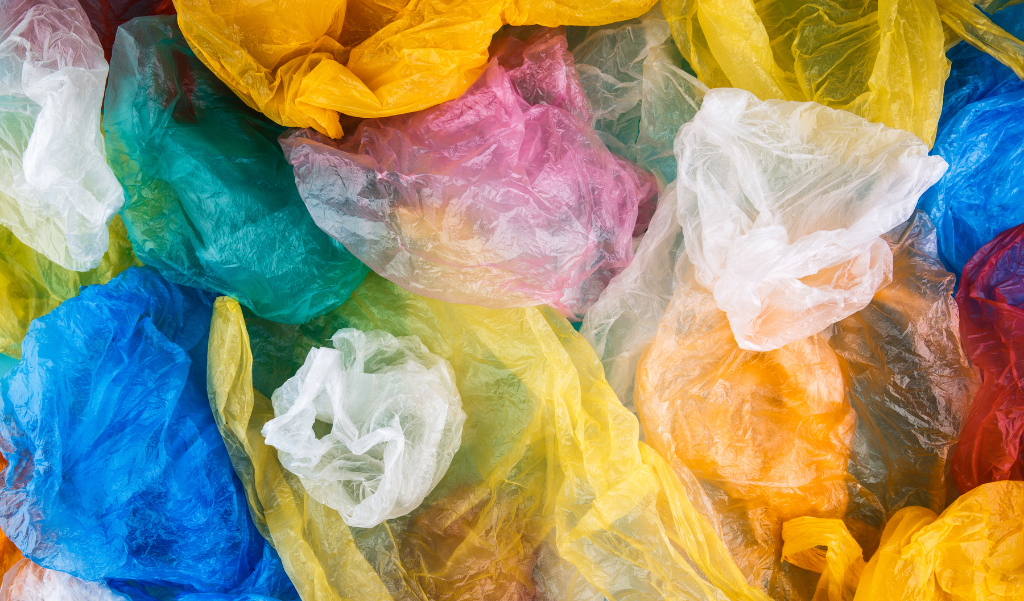Plastic film is generally not welcome in curbside recycling programs, largely because such items become tangled in recycling sorting machines—costing lost processing time and risking employee injury to untangle. These plastic film materials must therefore be taken to participating recycling drop-off sites, such as those available at retail stores and some municipal drop-off locations.
The next time you see bins for plastic bag recycling at your grocery or other retail store, check to see if they accept the other plastic films mentioned here—odds are that they do. Just make sure all materials are clean and dry.
There are more than 18,000 locations in North America that accept plastic film for recycling, including H-E-B, Target, Walmart, Lowe’s, Kohl’s, Randalls, Kroger, and Tom Thumb. Enter your zip code in the plastic film recycling directory to find a list of plastic film drop-off locations near you.
Once you’ve found a convenient location to recycle your bag, then just clean it, dry it, and recycle it!


